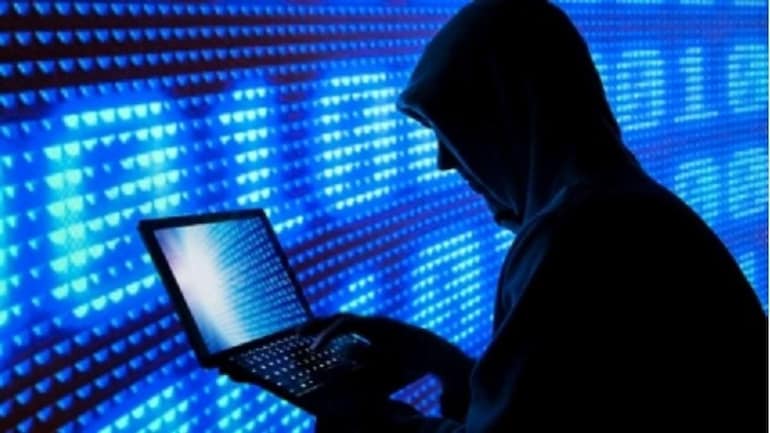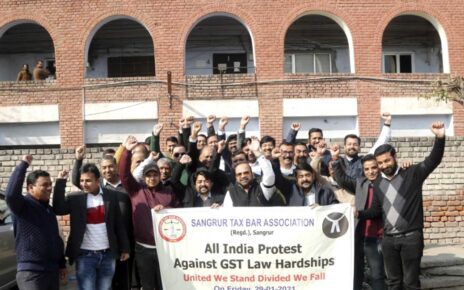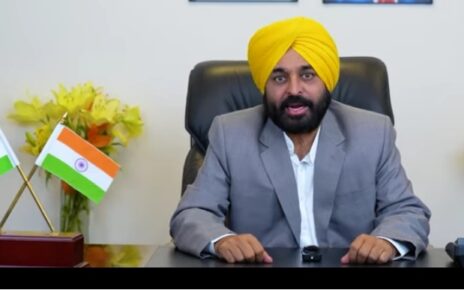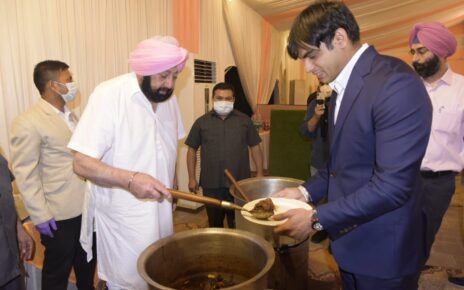When it’s finally your turn to get the Covid-19 vaccine, you’ll probably want to share it on all your social media accounts and celebrate. But, before you do so, pause. Multiple government agencies and viral videos are warning about the risks of posting vaccine card images online.
Currently, there are three vaccines available in India, Covaxin from Bharat Biotech, Covishield from AstraZeneca, and Sputnik V. Government of India offers a COVID-19 vaccine certificate for those who have received the first/second dose of the vaccine.
However, sharing your COVID-19 vaccine certificate on social media platforms can be harmful. In a post on Twitter, the government of India has warned users against sharing their COVID vaccination certificate online as they contain personal details like name, age, gender, among others and these can be misused by fraudsters.
There are known scammers taking advantage of the demand for COVID-19 vaccines and benefitting from the pandemic. They can use the info on your card—even just your full name and date of birth—to create phony vaccination cards, or open credit cards in your name.
The tweet came out from the cybersecurity wing, Cyber Dost handle that is maintained by the Ministry of Home Affairs and the government of India. “Covid-19 vaccination certificate contains your name and other personal details. Avoid sharing your vaccination certificate on social media platforms as it may be misused by cyber fraudsters to defraud you,” reads the tweet.
After the first dose of vaccine, the government of India issues a provisional certificate that contains personal information, including the date of the second dose. The final certificate will be issued after the second dose.
This provisional vaccine certification will be deemed important in the future when travelling internationally. The certification can be downloaded via the Aarogya Setu app as well as the CoWin website and app. You just need to enter the beneficiary ID and tap on the get certification button to download.




